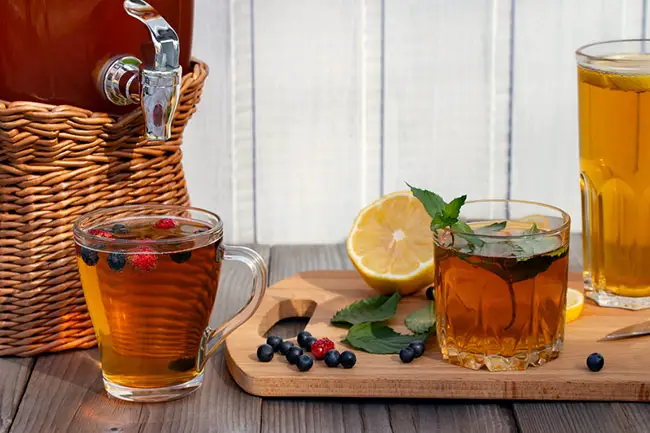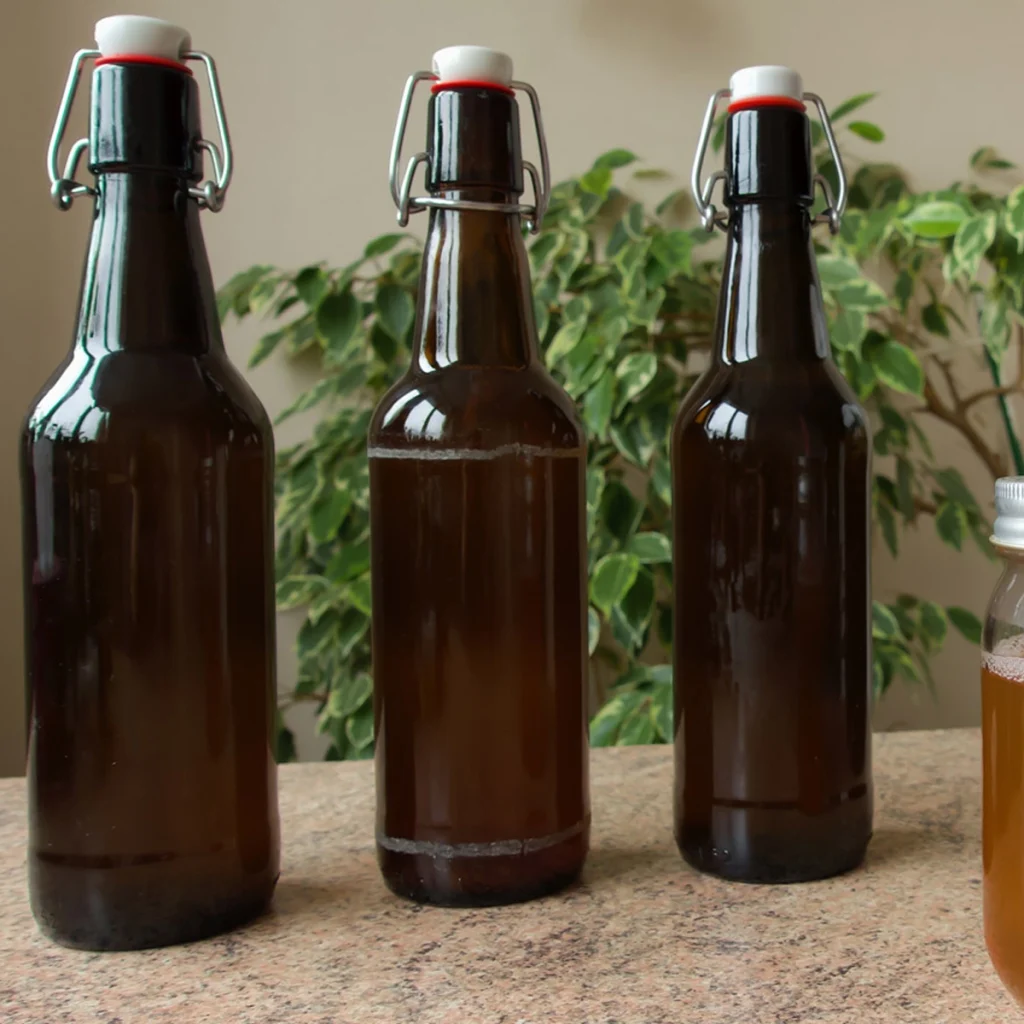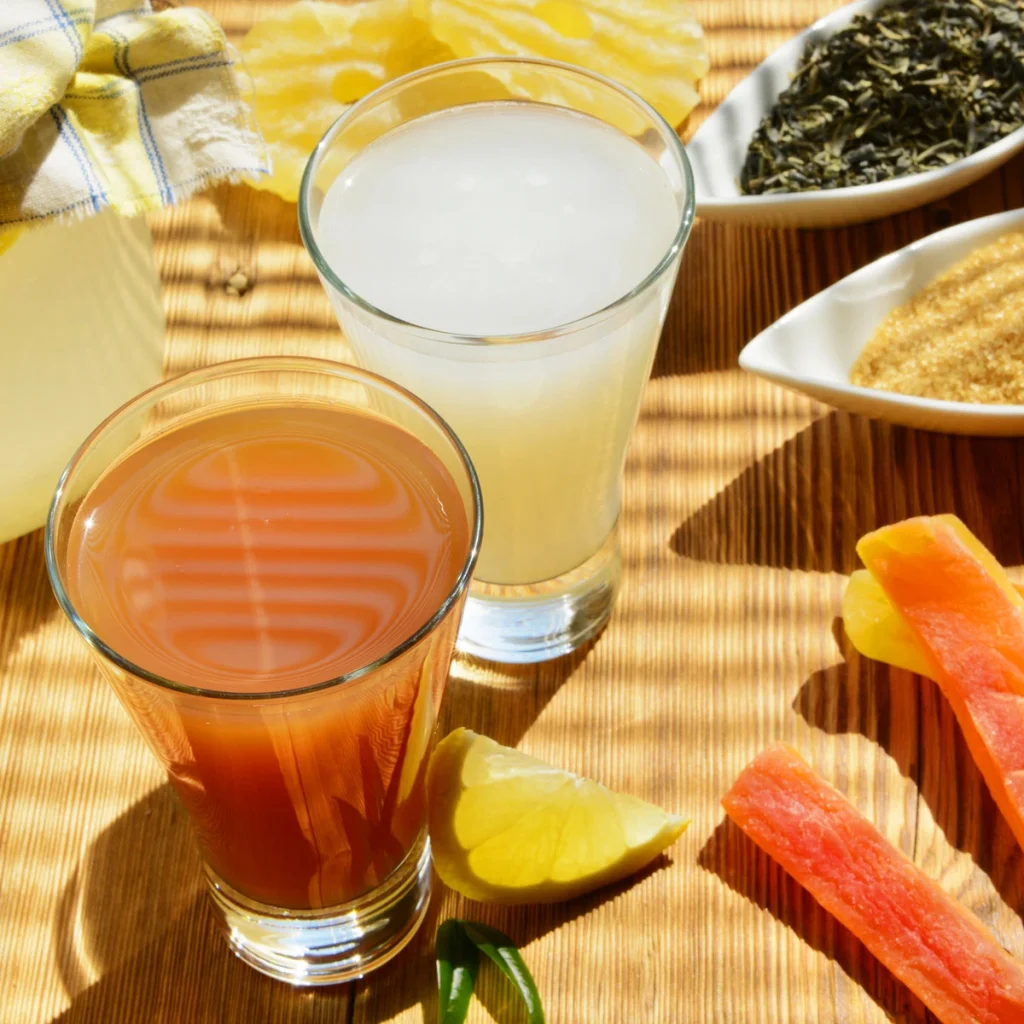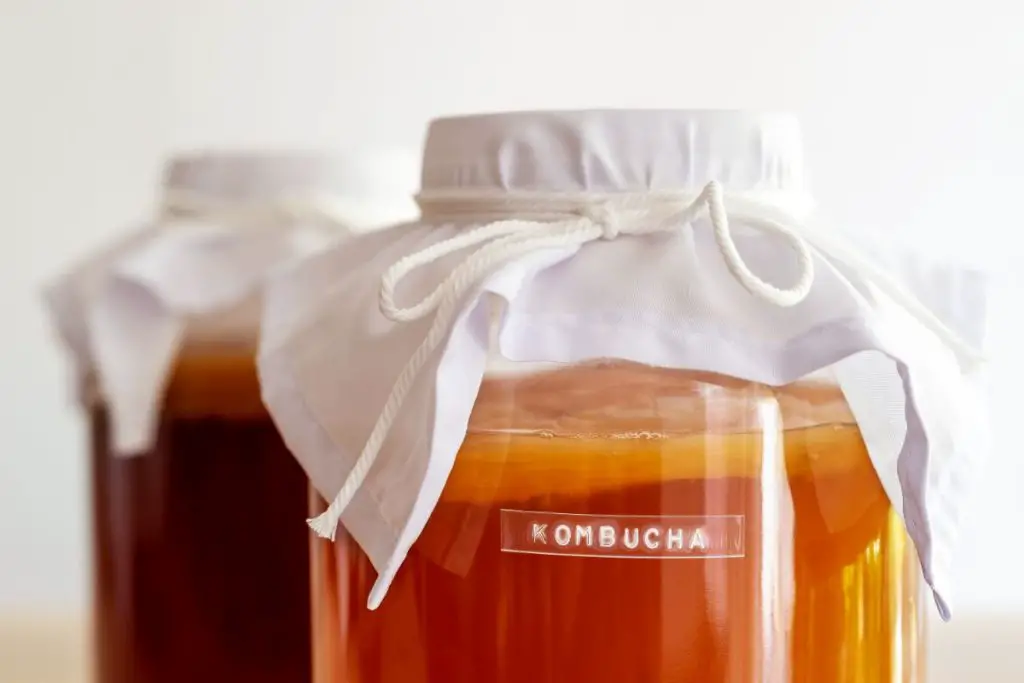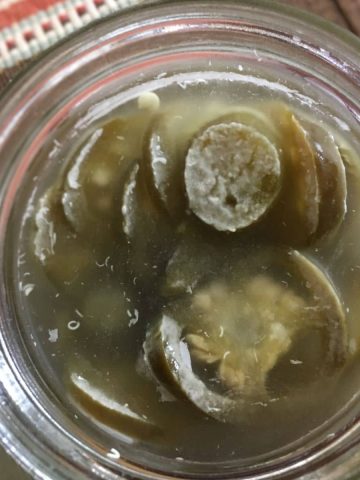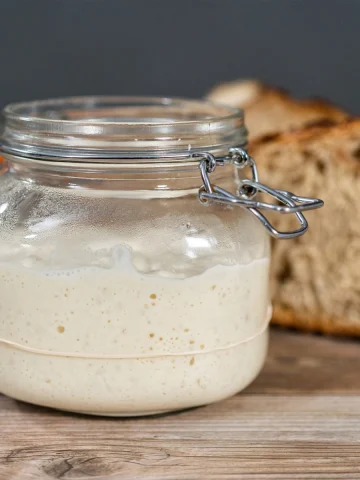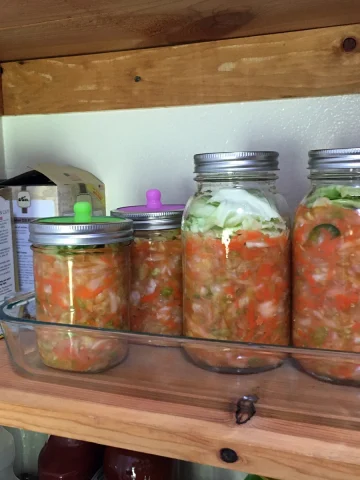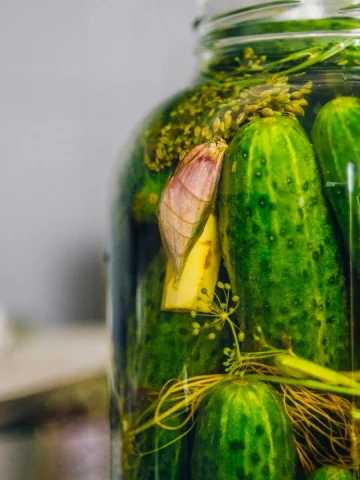Both kombucha tea and the keto diet have been rising in popularity. If you are following a keto lifestyle you are probably left wondering is kombucha keto-friendly and if you can or cannot drink kombucha on a keto diet.
This article is full of tips on how to buy low-sugar kombucha and how to brew it to please everyone who wants to drink a low-sugar or sugar-free kombucha.
What is Keto?
First, how does the keto diet work? The ketogenic diet focuses on eating high-fat, high-protein foods and avoiding carbs. When done correctly, the keto diet puts your body into ketosis, where the trendy diet gets its name.
Ketosis is simply a metabolic state that causes your body to burn fat reserves for energy. Typically, your body converts glucose into energy; however, cutting out carbs (and sugar) means there is no glucose to burn.
Most keto dieters consume 20 to 100 grams of net carbs a day. However, this can vary per individual and the keto diet they choose.
What is Kombucha Tea?
Kombucha is a fermented tea with a unique flavor that is both sweet and vinegary flavor. A mixture of green tea or black tea and sweetener (sugar) ferments with the help of a symbiotic culture of bacteria and yeast (also known as a SCOBY).
The fermenting typically lasts 3 to 30 days. The antioxidants and probiotics added to the drink during fermentation help protect against certain diseases.
A type of acid called acetic acid, also found in vinegar, is produced when kombucha is fermented. Acetic acid helps fight infections, which means tea drinkers could have fewer infections and illnesses overall.
But how well do these two health trends mesh? Since you use sugar to make kombucha, many people wonder if drinking kombucha can kick you out of ketosis.
Numerous Health Benefits of Kombucha and other Fermented Drinks & Food
Kombucha tea is a fermented drink with many health benefits, such as reducing the risk of cancer or heart disease, helping to manage type 2 diabetes, giving you probiotics and antioxidants, and a lot more.
How do probiotics lead to good health? The many ways good bacteria aid the digestive system and immune function are becoming more evident as more studies focus on gut health.
When the probiotics in kombucha improve your gut health, they may also strengthen the immune system, helping you fight off many, including cancer. There have even been scientific links to suggest probiotics can cure or lessen depression.
Clearly, kombucha is far more than a hippy–granola trend; it is healthy for your body and mind. Some people drink this tea daily, but a few times per week can give you added health benefits when combined with a healthy diet and lifestyle.
Beyond kombucha, try incorporating more fermented foods such as sauerkraut, kimchi, tempeh, carrots, cheeses, and pickles into your diet since they contain probiotics with antimicrobial and bacteria-fighting properties.
Will Kombucha knock you out of ketosis?
As you may have noted in the explanation above, sugar is a prominent ingredient in kombucha. Since people on the keto diet avoid sugar, it's natural to assume that kombucha is not Keto friendly.
However, during the fermentation process, the SCOBY eats or burns through the sugar resulting in a low sugar drink. At least, this is true for the first stage of kombucha fermentation.
Related Topic: Does kombucha have caffeine?
Luckily you can adjust the brewing time and the fruit/flavoring you add during the second fermentation by using keto-safe berries such as blueberries and raspberries to sweeten the drink.
When you drink a store-bought brand, you have little control of the ingredients and process, but you have total control and peace of mind if you make it at home.
Buying Keto-Friendly Kombucha
Regrettably, the majority of store-bought kombucha is just too high in sugar.
The drink, on its own, is slightly sweet and has a vinegary flavor. Manufacturers add extra sugar to appeal to the masses, which can double the amount of sugar and carbs.
It is a good rule of thumb to always read the nutritional label and pick brands with low enough carb and sugar counts to stay in line with your daily macronutrient goals.
You can easily find kombucha brands with 15g+ of sugar and carbohydrates. Instead, opt for a lower-sugar/lower-carb kombucha.
Hmm Zero sugar is sweetened with monk fruit and allulose and only has 1g of net carbs.
You can easily make kombucha into a keto-friendly drink by reducing your consumption. Instead of drinking the whole bottle, only drink a half-serving.
Many say drinking kombucha has killed their soda cravings and is an excellent step towards improved health and weight loss.
If you are nervous about drinking kombucha, I suggest monitoring your blood levels with ketone strips and start drinking a tiny serving.
Remember, with store brands; you will most likely have to cut your daily carb intake elsewhere to keep yourself in ketosis.
Other Keto-Safe Probiotic Drink Options
Kombucha isn't your only gut-friendly probiotics drink on the market today.
The brand Kevita makes a Lemon Cayenne fermented probiotic drink low in carbs and sugar and with great flavor.
Kevita uses stevia, a keto-approved sweetener, and cayenne for an added kick of spice. One 8oz. serving contains 1 gram of carbs, 1 gram of sugar, and five calories.
Here are a few brands that offer a low-sugar kombucha tea that Amazon can order.
How To Make Kombucha Keto-Friendly
You can reduce the sugar in this fermented tea drink with a few simple changes. As stated earlier, the SCOBY naturally consumes a fair amount of sugar while fermenting.
Longer fermentation times or multiple fermenting rounds can even reduce the sugar content in this sweet tea. So you can maintain a much better level of carb control when you brew kombucha at home.
There are several ways to add flavor without disrupting the state of ketosis during the second fermenting process.
Try our easy Kombucha 1-Gallon recipe.
Keto-Sweeting During Second Fermentation
If you enjoy your kombucha more on the sweet side, add keto-safe flavorings such as spices, herbs, blueberries, blackberries, raspberries, star fruit, watermelon, and lemon to enhance the flavor.
Try extending the brewing periods to ferment more sugar from the drink (if you can handle the acidity, leave it for 14 days).
Check out my easy kombucha recipe if you are ready to make homemade kombucha.
A longer fermentation time and less sugar will result in a tart and tangy tea.
When it is ready, you can mix in little keto-approved artificial sweeteners or flavored seltzer water to help improve the taste.
Try our Kombucha Second Fermentation recipe.
Is Kombucha Keto-Friendly? The Verdict:
So, now that we have answered the question, "Is kombucha safe to drink on the keto diet?"
Fortunately, kombucha is keto-approved if you are brewing your own or diligently checking the nutritional label when buying the store-bought stuff.
Check out this kombucha home brewing kit, which has everything you need and walks you through the brewing process step-by-step.


